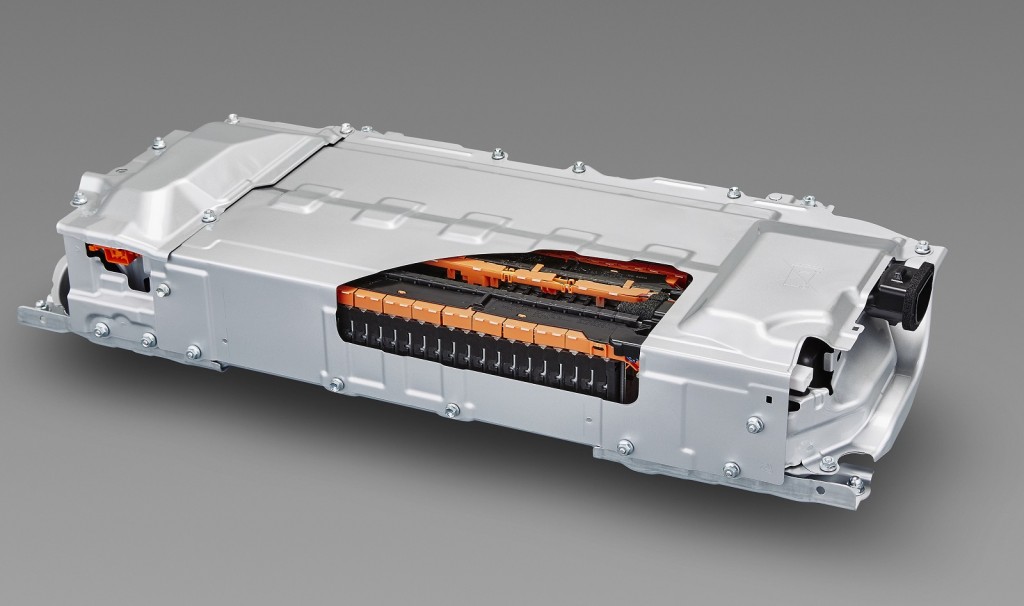Over the past decade, advances in battery technology have progressed steadily, but not quite as quickly as impatient electric-car advocates might like.
With electric cars and plug-in hybrids fast becoming part of every carmaker's lineup, durable, less expensive, and higher-capacity batteries are more important than ever.
Yet despite growing electric-car sales, most battery-startup companies fail in the United States.
DON'T MISS: Electric-car battery progress: incremental improvements, not revolutionary leaps
Since 2000, just 36 U.S. battery startups have received $500,000 or more in funding—not nearly enough in the long run.
Despite notable names and established companies pouring funds into battery startups, only two of those 36 returned profits to investors, according to an industry analysis by CB Insights reported by IEEE Spectrum.
The report offers a handful of suggestions to boost their chances of success, noting the many factors that contribute to a harsh environment for battery startups.

Mercedes-Benz 48-volt battery
Battery development requires exceptionally long development periods with months dedicated to large-scale tests that require thousands of cycles of charging and discharging.
This makes for costly lab time and a need for specialized workers, while it may take years before any real progress is achieved.
Additionally, the battery market is incredibly competitive and operating margins hover around 5 percent.
READ THIS: VW says it needs '40 gigafactories' for electric-car batteries by 2025
Startups are not only under pressure to develop new technology but must also match the industry's status quo in pricing and margins.
The report contrasts the battery startup industry to the pharmaceutical industry, a similarly competitive field with long lead times.
Despite many similar challenges, venture capital firms invested $10 billion into health and medical sciences in the year 2015 alone.

2016 Toyota Prius - lithium-ion battery pack
Looking at successful startups in pharmaceutical industry, the report suggests battery startups could follow a similar formula—and it makes three specific recommendations.
First, battery startups should avoid going it alone and seek a corporate partner to help bring new technology to market quicker.
Most importantly, startup companies should identify niche markets in which to start rather than tackling, for example, the automotive industry head-on.
CHECK OUT: Battery legend Goodenough not done yet: new solid-state chemistry introduced
Niche markets often deliver larger margins, so they make a better starting point for young companies strapped for funds.
Finally, rather than courting venture capitalists, companies should seek government grants and corporate research-partner funding; both impose less pressure than venture capital's demands for larger returns.
_______________________________________












